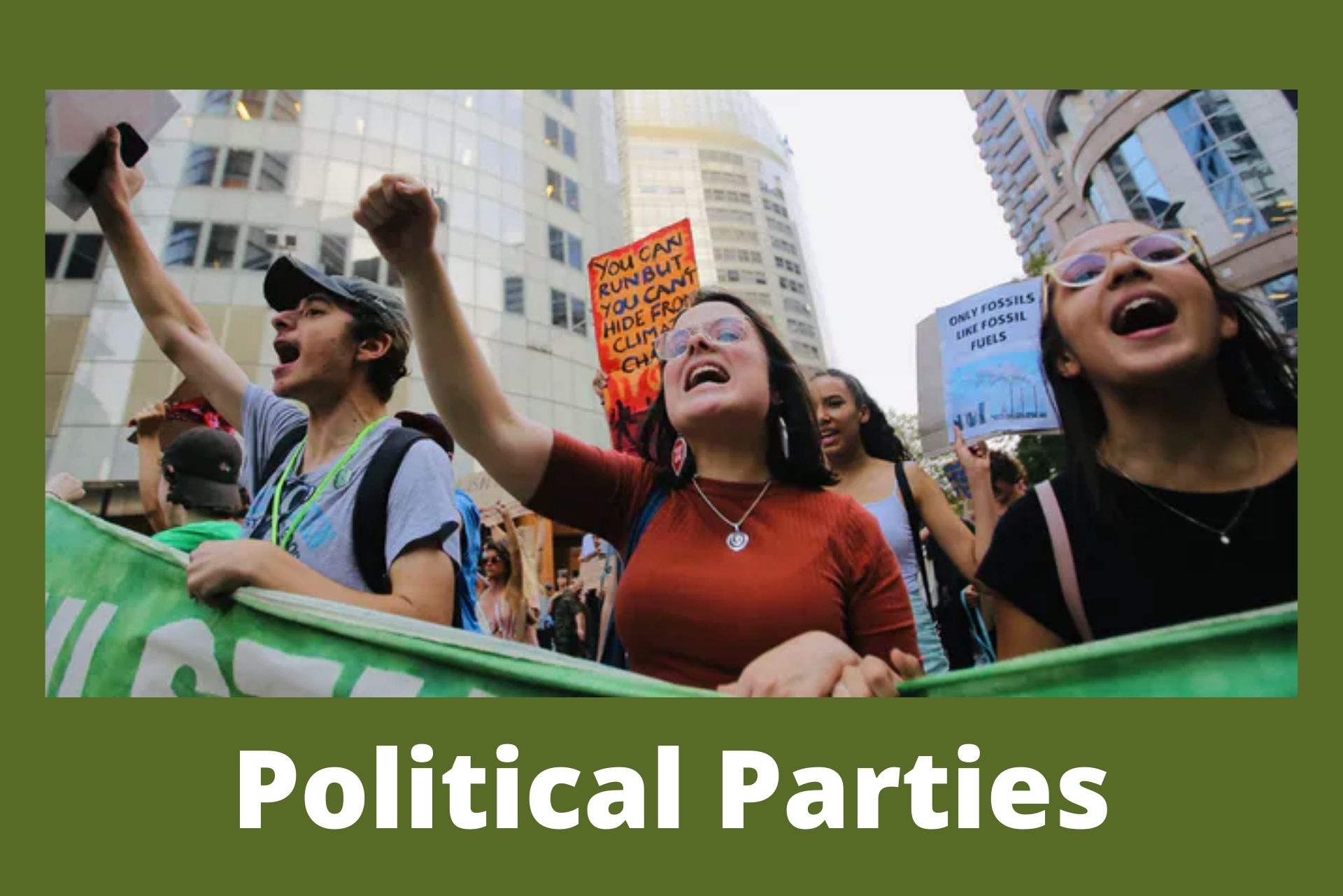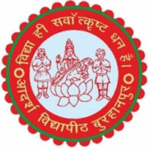0(0)
Class 10 Social Science (Political Parties)
- Course level: Intermediate
-
Share:
- Categories Class 10
- Total Enrolled 0
- Last Update August 26, 2021
Description
Political Parties
A party that secures atleast 6 per cent of the total votes in Lok Sabha elections or Assembly Elections in four States and wins atleast four seats in the Lok Sabha, is recognised as a ‘National party’.
A party, that secures atleast 6 per cent of the total votes in an election to the Legislative Assembly of a State and wins atleast two seats, is recognized as a ‘State party’.
Functions of Political Party:
- Contesting Elections. Political parties contest elections.
- Policies. Political parties put forward different policies and programmes so that the voters can choose from them. The policies and programmes of the Ruling Party are expected to be followed by . the government.
- Making Law. Political parties play a decisive role in making laws for the country.
- Formation of Government. Political parties form and run governments. The executive body is formed by people from the ruling party.
- Playing Opposition. A party which does not get majority or come under the majority coalition, needs to play the role of opposition.
- Shaping Public Opinion. Political parties shape public opinion. They do so by raising and highlighting issues in the legislature and in the media.
- Providing Access to Government Machinery. Political parties provide people access to government machinery and welfare schemes implemented by governments.
Topics for this course
6 Lessons
Political Parties
Important Terms And Concepts
Question Answers
Question 1
Question 2
Question 3
Question 4
Question 5
Test 1
Political Parties
Test 2
Political Parties
Test 3
Political Parties
About the instructor
0 (0 ratings)
130 Courses
58 students

Free

